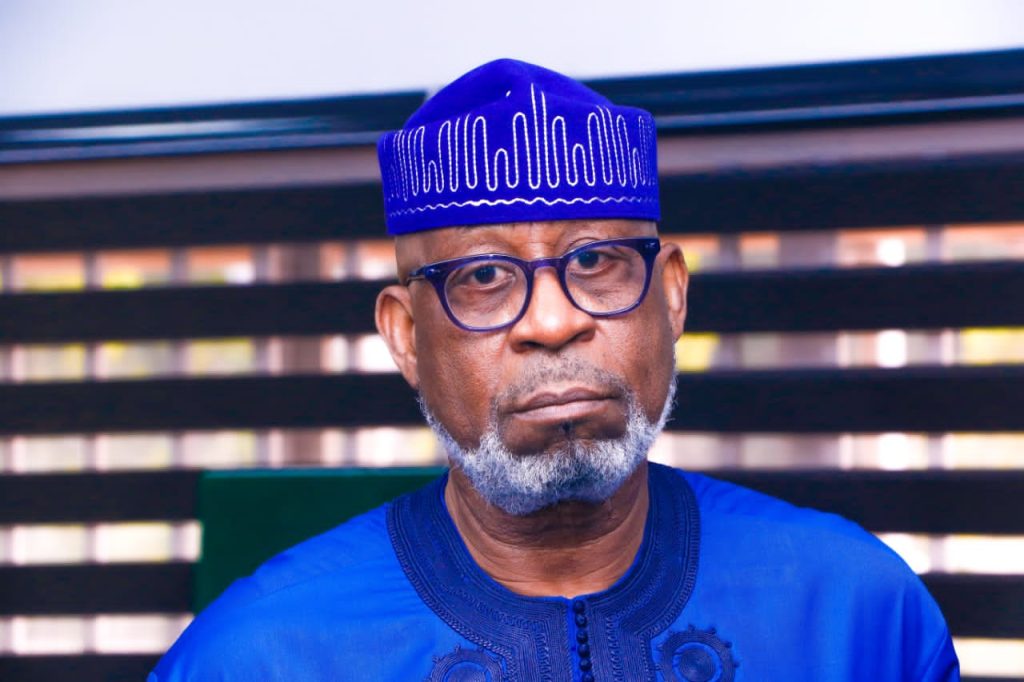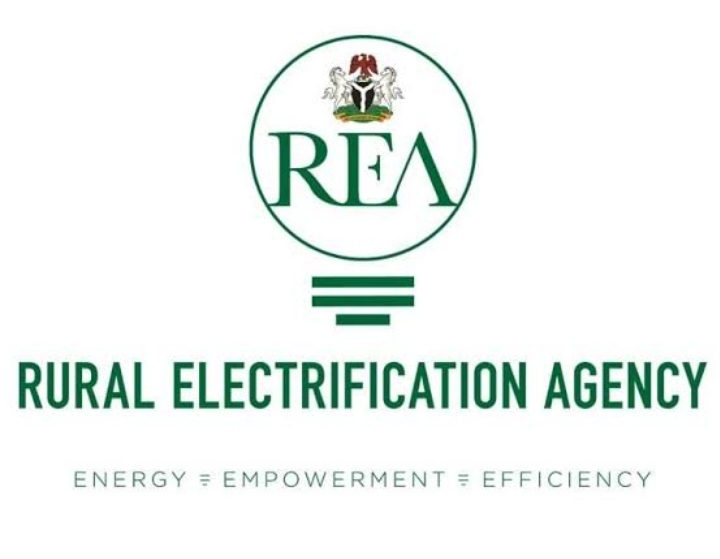A financial expert, Dr. Kingsley Chibuzor Aguoru, has voiced his support for the Central Bank of Nigeria’s decision to prioritise the eNaira over decentralised cryptocurrencies.
Dr. Aguoru, an expert in technology and digital security with extensive experience in financial systems, including the development of the 3WiDentity authentication system, pointed out that approving cryptocurrency for national use would contravene Nigeria’s existing financial regulations, as cryptocurrencies like Bitcoin operate as unregulated, decentralised assets. He emphasised that the eNaira offers a safer and more reliable digital currency option for Nigerians
Speaking with journalists in Abuja, Dr. Aguoru noted that unlike traditional currencies, cryptocurrencies were not backed by any government authority, which introduces unique financial risks. The eNaira, by contrast, is backed and regulated by the CBN, providing Nigerians with a digital currency that aligns with national financial standards and ensures stability.
“The eNaira functions as a Central Bank Digital Currency (CBDC), which provides Nigerians with the benefits of digital payments while adhering to regulatory frameworks. Its value is pegged to the naira, making it a stable and secure means of transaction,” Dr. Aguoru explained. “Cryptocurrencies, while innovative, exhibit high volatility and unpredictable value swings. For instance, Bitcoin and other decentralised currencies have demonstrated price fluctuations that limit their effectiveness as a reliable store of value.”
Aguoru also highlighted critical challenges in using cryptocurrencies as a standard currency, saying effective currency must function as a store of value, a unit of account, and a medium of exchange. “In order for a currency to fulfil these functions, it must have a stable value, consistent pricing metrics, and facilitate efficient transactions. Cryptocurrencies struggle to meet these standards,” Dr. Aguoru stated. “For example, Bitcoin’s high volatility makes it difficult for Nigerians to use it as a dependable medium for valuing goods and services. Slow transaction speeds and high fees also hinder its effectiveness as a practical payment method.”
However, Dr. Aguoru acknowledged that one significant reason why many Nigerians were turning to cryptocurrencies is the perception of the Nigerian naira as an isolated currency.
“At present, it is challenging for Nigerians to move funds directly from naira to other currencies and across borders, with many encountering difficulties in making transactions to Europe, the Americas, or even other African countries. This restriction, while protecting Nigeria from some sophisticated international fraud schemes, also limits financial flexibility and ease of cross-border transactions.
“The difficulty of moving naira across borders creates a bottleneck, leading some Nigerians to turn to cryptocurrencies as an alternative for cross-border transactions,” Dr. Aguoru explained.
“Cryptocurrencies offer a form of borderless money that traditional banking infrastructure has not yet achieved with the naira. Many Nigerians see crypto as a workaround for the barriers imposed by current systems.”
He stressed that while there were security risks involved in enabling seamless currency transfers, the CBN could take steps to develop a regulated framework that allows Nigerians to transfer naira internationally.
“The CBN should explore options to facilitate international naira transfers in a secure way, perhaps through controlled partnerships or technological advancements that protect against fraud,” he suggested. “If the CBN can offer a secure pathway for Nigerians to transfer funds across borders, it would reduce reliance on cryptocurrencies for this purpose, allowing users to operate within a regulated, safer financial ecosystem.”
In contrast, the eNaira offers a regulated, efficient digital payment option with CBN backing, granting users the same level of confidence as they would have with cash. The CBN’s involvement provides both stability and a recourse mechanism, should issues arise with transactions or security, thus protecting consumers within Nigeria’s financial ecosystem, Dr. Aguoru explained.
According to him,he is in support of the CBN’s decision to pursue a central bank digital currency in the form of the eNaira, which aligns Nigeria with global trends in financial innovation while securing national interests.
“The eNaira is designed to enhance financial inclusion, facilitate digital transactions, and contribute to Nigeria’s evolving digital economy. By focusing on a central bank-backed digital currency, the CBN provides Nigerians with a secure and practical digital payment solution that safeguards their interests,” he remarked.
He commended the CBN’s proactive approach to maintaining Nigeria’s economic stability through the eNaira, an inclusive, secure, and legally compliant digital currency.

 3 hours ago
6
3 hours ago
6













